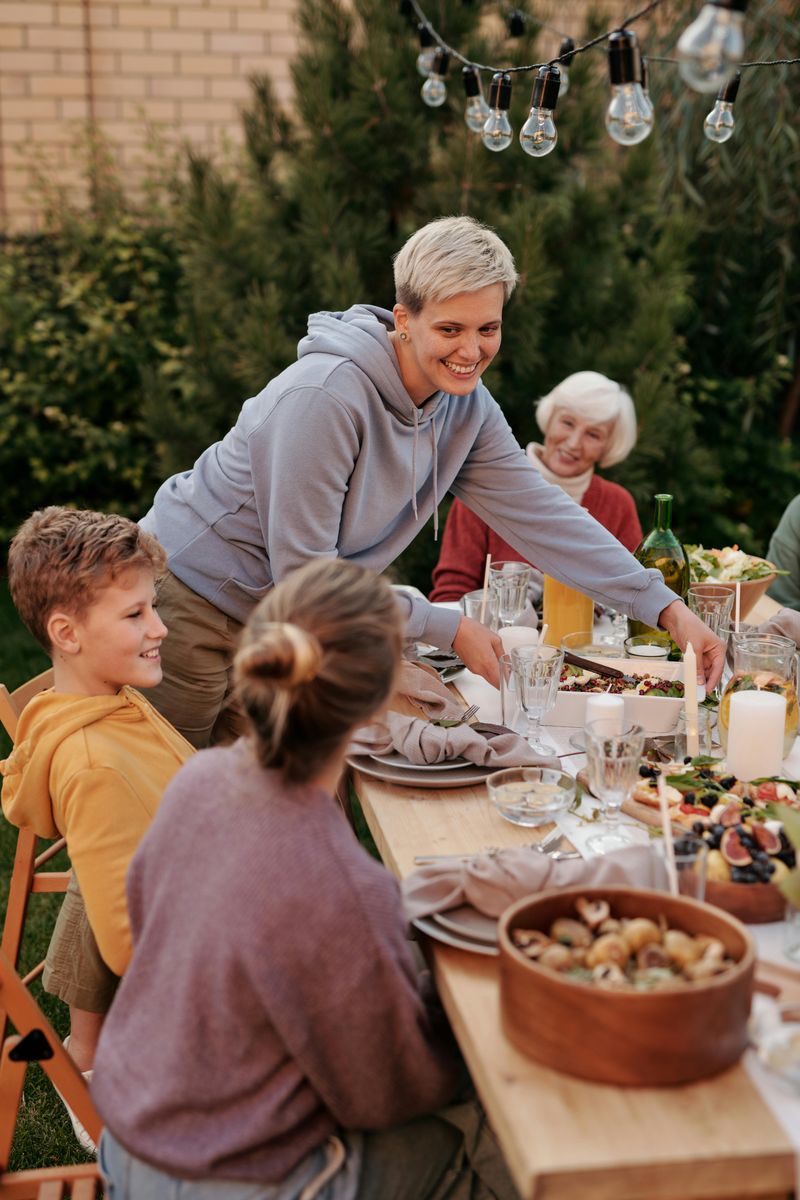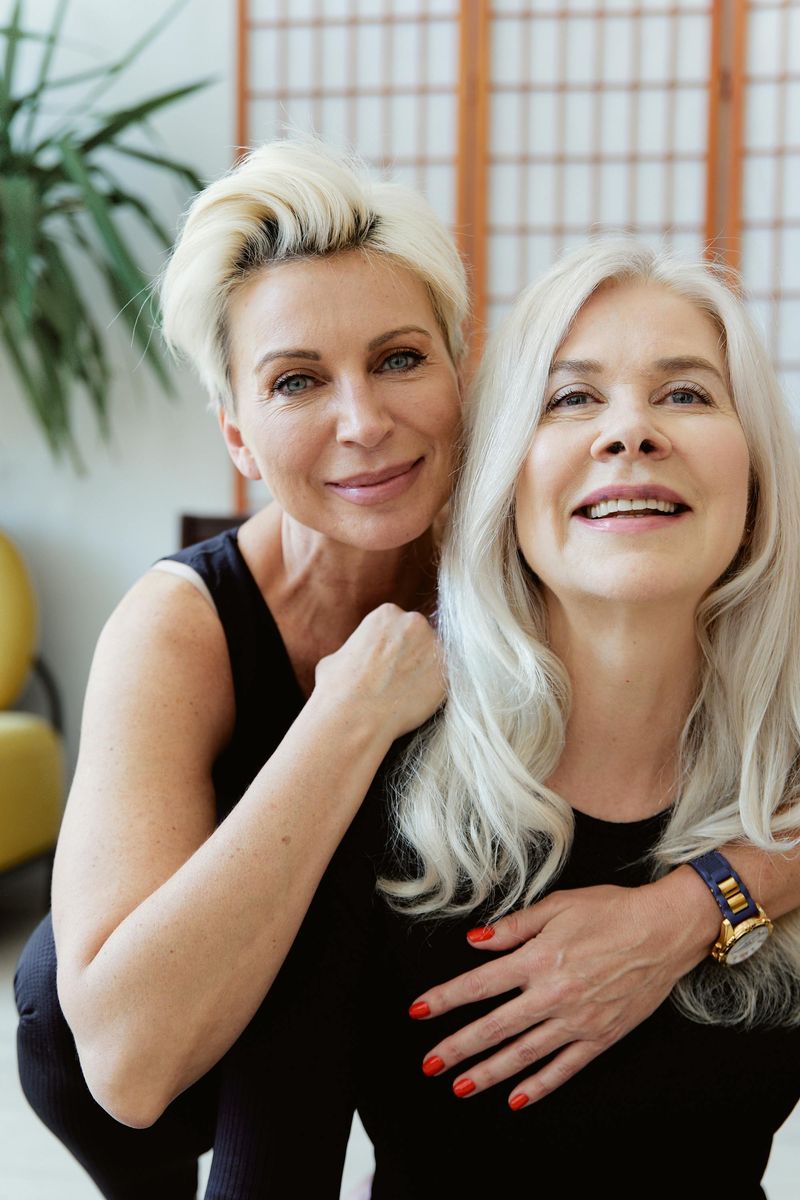Women Who Have No Friends as They Get Older Often Share These 10 Reasons

Growing older can bring unexpected shifts in how we connect with others. Many women discover that their social circles shrink, not from lack of care, but from complicated, overlapping life changes. If you’ve ever wondered why friendships fade or feel harder to maintain, you’re not alone. These honest, relatable reasons can help you understand the patterns—and maybe chart a compassionate path forward.
1. Life Transitions and Changing Priorities

As women move through marriage, motherhood, career progression, or caregiving, priorities naturally shift. Emotional energy and time funnel toward immediate responsibilities, leaving fewer hours for casual coffee dates or long catch-ups. This isn’t a lack of love for friends; it’s an unavoidable recalibration of bandwidth. Friendships that once thrived on spontaneity now require scheduling and intentional follow-through. When fatigue sets in, social efforts can feel like another task on an already crowded list. Over months and years, distance grows if connection isn’t maintained. Many women grieve this change quietly, wishing for more capacity while honoring pressing obligations. Recognizing this reality can reduce guilt and inspire small, meaningful touchpoints.
2. Emotional Burnout and the Mental Load

Invisible labor often means managing everyone’s emotions and logistics—both at home and in social groups. Over time, this mental load leads to emotional exhaustion. When depleted, even meaningful friendships can feel overwhelming, prompting women to retreat for self-preservation. Texts go unanswered and plans get postponed, not from disinterest, but from sheer overwhelm. The cycle can create misunderstandings, as friends may interpret silence as distance. In reality, many women are simply trying to keep themselves afloat. Rebuilding friendship capacity often requires boundaries, rest, and candid conversations about emotional bandwidth. When supportive friends understand, relationships can become lighter and more sustainable, rooted in empathy rather than expectation.
3. Friendship Drift Over Time

Life doesn’t always move in step, and even strong bonds can slowly loosen. Relocations, evolving values, diverging schedules, or different parenting choices can subtly change the rhythm of connection. Without consistent touchpoints, months become years, and shared histories turn into warm but distant memories. This drift isn’t necessarily a conflict—it’s often inertia. Some women feel guilt for not doing more, yet also lack the capacity to bridge the gap. Accepting the natural ebb and flow of relationships can be freeing. Periodic reconnection, even seasonally, can maintain warmth. And sometimes, honoring the past while welcoming new friendships better aligned with today’s life can be the healthiest path.
4. Lack of Reciprocity

Many women realize they’ve been the primary initiators—planning gatherings, checking in, offering support. When they pause to see who reaches back, some friendships fall quiet. This reckoning can feel painful, but it’s clarifying. Reciprocity is the heartbeat of healthy relationships; without it, interactions become draining obligations. As women get older, they often protect their energy and stop pouring into one-sided dynamics. The initial silence can be revealing, and it may lead to fewer, but more mutual connections. This shift isn’t bitterness—it’s self-respect. Clear boundaries and honest dialogue can salvage some bonds, while others naturally fade, making space for friendships built on genuine give-and-take.
5. Increased Selectivity with Age

With age comes clarity about what truly nourishes the soul. Many women become more selective, choosing fewer connections with deeper resonance over a broad social calendar. Peace, authenticity, and shared values outrank convenience or obligation. This intentional curation may look like having “fewer friends,” but often reflects healthier, more sustainable bonds. Turning down events or distancing from drama isn’t coldness; it’s self-trust. Selectivity can initially feel isolating, yet it creates room for friendships that feel safe and energizing. Over time, women often find they don’t miss the noise. They cherish spaces where they can be fully themselves without performance or pressure.
6. Social Anxiety or Trust Issues

Past experiences—gossip, betrayal, or judgment—can make new friendships feel risky. Some women become guarded, reading subtle social cues with heightened sensitivity. Even well-meaning invitations may trigger discomfort. Social anxiety doesn’t always show; it can look like polite declines or last-minute cancellations. Trust is rebuilt slowly, with small, consistent acts of safety and respect. Online communities or one-on-one settings can feel easier than large groups. Over time, therapy, self-compassion, and supportive allies can soften fear. While protective walls reduce hurt, they also limit connection; careful recalibration allows women to choose relationships that honor their boundaries without isolating them entirely.
7. Busy, Fragmented Lifestyles

Modern life often splinters attention. Between work, parenting, school commitments, and household logistics, free time shrinks into slivers. Socializing shifts from routine to rare, requiring coordination that feels like project management. Many women choose rest over plans, which can be essential but also reduces connection opportunities. Fragmentation makes continuity hard; recurring meetups vanish, and spontaneity feels impossible. Building micro-moments—brief walks, voice notes, or standing monthly dates—can help restore rhythm. Accepting realistic frequency rather than idealized standards preserves momentum. The goal isn’t constant togetherness; it’s consistent, manageable touchpoints that fit life’s current season without adding more stress.
8. Cultural and Societal Expectations

Societal narratives often center women as caretakers, partners, and employees first—and autonomous social beings second. Friendship may be framed as optional or indulgent, especially in later life. Women internalize these messages, prioritizing service roles over personal connection. Over time, this erodes social networks and personal well-being. Challenging these norms means treating friendship as vital, not extra. Communities, workplaces, and families can support this by normalizing dedicated friend time and shared caregiving. When expectations shift, women feel less guilt for nurturing their own relationships. Cultural change happens slowly, but individual choices—saying yes to that walk, planning a retreat—start the ripple.
9. Moving or Starting Over

Relocation can reset a social life overnight. Whether for work, marriage, divorce, or retirement, moving often dissolves established support systems. Building new friendships as an adult is challenging; many communities already have tight circles. Loneliness can creep in, even for outgoing women. Intentional strategies help: joining interest-based groups, volunteering, or attending recurring local events to see the same faces. Digital platforms can bridge gaps, but in-person consistency builds trust. Patience is crucial—friendship roots form slowly. Treating connection like a long-term investment, not a quick fix, makes the transition gentler and more successful.
10. Self-Reliance and Emotional Independence

Some women grow into a profound comfort with solitude. They cultivate hobbies, purpose, and self-trust that don’t rely on constant social interaction. This isn’t loneliness; it’s sovereignty. External validation matters less when inner alignment is strong. As a result, they may keep few or no close friends by choice, prioritizing meaningful solo time and selective connections. Critics might misread this as avoidance, but for many, it’s fulfillment. When friendship arises, it’s welcomed—yet never forced. Emotional independence can coexist with community; it simply reframes relationships as enriching additions, not necessities for identity or happiness.

Comments
Loading…